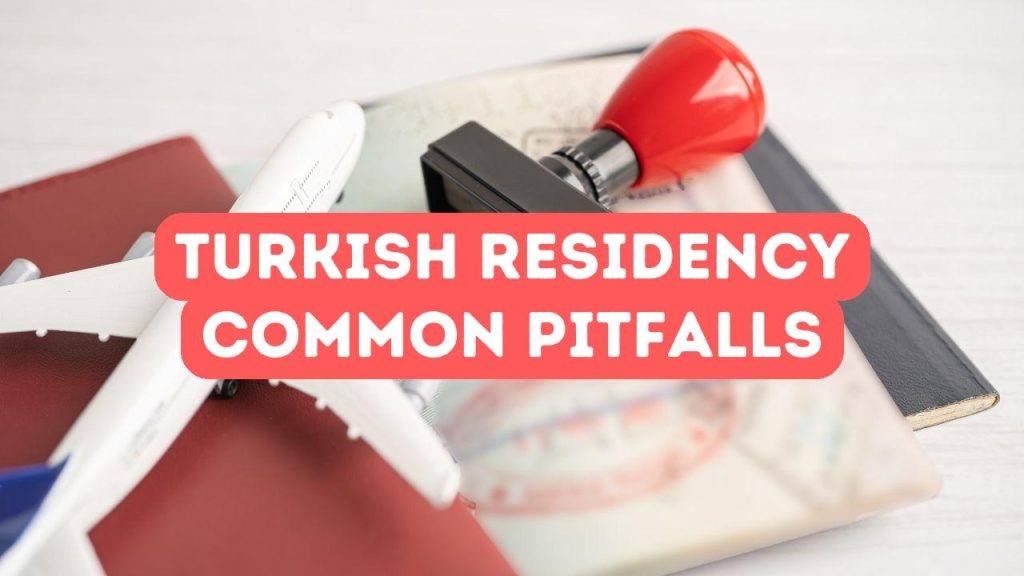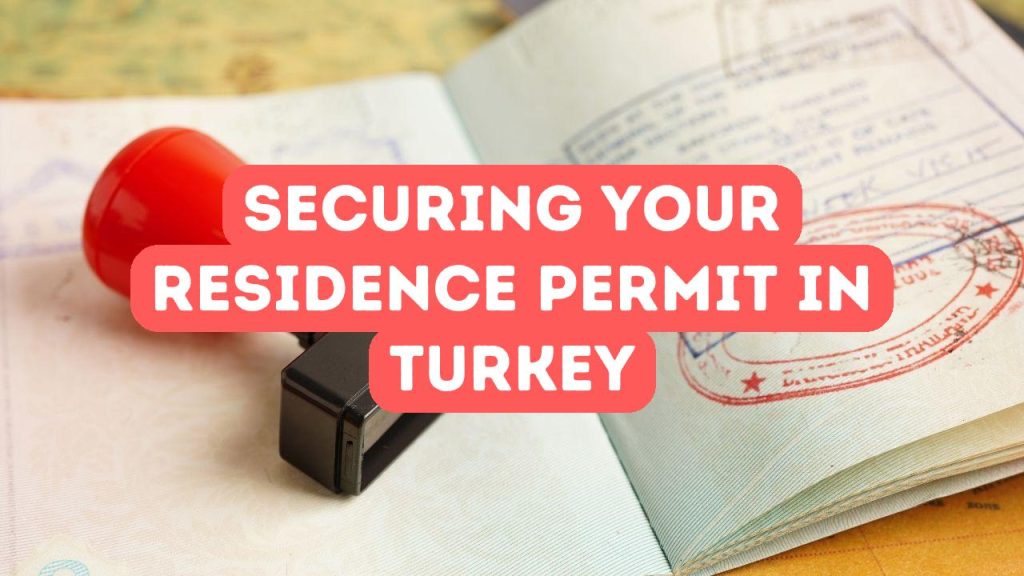Navigating Social Norms in Turkey
In Turkey, mastering the art of social interaction begins with acknowledging the importance of sincere greetings and farewells. Upon meeting someone, whether a neighbor or a shopkeeper, it is customary to offer a warm Merhaba (Hello) coupled with direct eye contact and, where appropriate, a firm handshake. Always show deference to elders by greeting them first, and if you’re familiar with the person, a pair of cheek kisses is a common gesture amongst friends. Address people by their first name preceded by ‘Bay’ for Mr. or ‘Bayan’ for Mrs., showcasing your respect for Turkish formality. In more rural or traditional settings, a gentle nod while saying Selamun aleyküm (Peace be upon you) can leave a tangible mark of your cultural sensitivity and willingness to embrace local customs.
Building on the foundation of polite greetings, understanding the subtleties of Turkish conversation is just as important. Discussions often begin with light-hearted, friendly banter, usually involving inquiries about one’s health and family; it’s respectful to reciprocate with genuine interest. While engaging, remember that maintaining a slightly formal tone is appreciated, especially with those who are not yet close friends. Conversations typically drift towards the communal and the positive, steering clear of polarizing topics such as politics or religion. Humor is widely enjoyed, but should be used cautiously until you are more familiar with the boundaries of social jest in Turkey. Compliments are well-received, though they may be met with modest dismissals, a practice rooted in the value of humility. This dance of dialogue is an art form, with attentiveness to the ebb and flow of words serving as your brushstrokes on the social canvas.
Beyond conversation, the poise of your conduct in social settings speaks volumes. Visitors are often struck by the generosity of Turkish hospitality, where hosts go to great lengths to ensure your comfort. When invited to a home, punctuality is appreciated; however, a slight delay is usually forgiven as a sign of anticipation for the event. It’s customary to remove your shoes upon entry, and bringing a small gift—such as pastries, chocolates, or flowers—demonstrates gratitude for the invitation. At the dining table, await the host’s prompt before beginning to eat and compliment the cook sincerely. While sharing food is central to Turkish culture, be aware that overindulgence can be frowned upon. The ritual of coffee or tea follows most meals, with the careful decline of a second cup signaling you’re content. Through participation and observation, these nuances will soon become second nature as you adapt to the heartbeat of Turkish society.
Mastering the Art of Turkish Hospitality
In the heart of every Turkish home, hospitality is considered an art form, deeply ingrained in the cultural consciousness as an expression of warmth and welcome. As a new resident, you’ll quickly learn that invitations to one’s home are not casual affairs but esteemed opportunities to forge bonds and show mutual respect. To master Turkish hospitality, begin by always accepting such invites with grace, and never arrive empty-handed. Be it a box of sweets, pastries, or a small thoughtful gift, this gesture is a tangible symbol of appreciation for your host’s generosity. Remember to take off your shoes upon entering and accept the offered slippers; this not only honors the cleanliness of the home but also signifies your willingness to step into the comfort of Turkish domestic life.
Once seated, expect a ceremonious offering of Turkish coffee or tea, an intrinsic part of Turkish hospitality that is as much about savoring the beverage as it is about sharing time together. Acknowledge this tradition by accepting the drink with both hands—signifying respect—and always take at least a sip to avoid offending your host. Conversations will often weave around family, health, and common interests, steering clear of divisive topics. It’s in these moments of shared stories and laughter that the thread of kinship is spun. As meals are presented, compliment the cook sincerely and partake in the dishes served, noting that turning down food may be seen as a rebuff of the hospitality extended. When dining is concluded, a polite insistence on helping with the cleanup can be offered, although it’s often declined; your host may instead guide you back to the warmth of ongoing fellowship.
As the evening wanes, expressing gratitude becomes paramount. It is customary to thank your host profusely, highlighting specific details you enjoyed about the meal or their company, which reflects your sincerity and appreciation. In the days following, reciprocating the invitation—whether to a meal at your home or a local venue—cements the relationship and honors the tradition of mutual hospitality. Remember that these exchanges are less about the scale of the event and more about the thoughtfulness behind it. By fully engaging in this rhythm of give-and-take, you demonstrate not only an understanding of Turkish hospitality but also your desire to genuinely partake in the community, fostering lasting connections that enrich your experience as a new thread in the vibrant cultural fabric of Turkey.
Adapting to Cultural Etiquette as a Newcomer in Turkey
As a newcomer to Turkey, one of the first things you’ll recognize is the importance placed on respect and politeness, embedded deeply in everyday interactions. The warmth with which one is welcomed – often with a firm handshake for men or a nod paired with a smile for women – sets the tone for the cultivation of new friendships and respectful acquaintances. It is customary to address individuals with their title and surname until a closer relationship has been established, at which point the more familiar ‘abi’ for elder brother, or ‘abla’ for elder sister, may be used. Quickly learning to discern the proper formalities will demonstrate your commitment to honoring local customs and will inevitably lead to a smoother adaptation to life in Turkey. Such attentiveness to respectful address is a cornerstone of Turkish social etiquette and ensures that relations, whether in the bustling markets or over a quiet tea, begin on a foundation of mutual respect.
Equally significant is the role of hospitality in Turkish culture, often extending beyond mere courtesy to an art form. As a guest, you will likely be showered with an outpouring of generosity. Be prepared to accept the offering of slippers to wear inside your host’s home, as wearing outdoor shoes indoors is frowned upon. It’s also a sign of good manners to bring a small gift, such as sweets or pastries when visiting someone’s home for the first time. Further, do not be surprised if you’re offered multiple servings of food or tea; declining immediately may be perceived as rude, so it’s polite to accept at least a little. It’s essential to reciprocate this kindness when the opportunity arises, as this give-and-take nurtures the bonding process and reflects a deep appreciation for the relationship being built.
Navigating the subtleties of Turkish etiquette extends into communal living, where neighborly engagement is not just common but expected. Take the time to greet your neighbors with a friendly ‘Merhaba’ and show interest in their well-being. This exchange of pleasantries is the gateway to a supportive community network. Should you be invited to join local events or neighborhood gatherings, your attendance and participation are invaluable for establishing your place within the community. Embracing such customs, like sharing dishes during religious or national holidays, reinforces your respect for local traditions and solidifies your burgeoning identity as a resident. Remember, integrating into Turkish society is a gradual process, as relationships here are nurtured over time through continuous acts of kindness and mutual respect.






